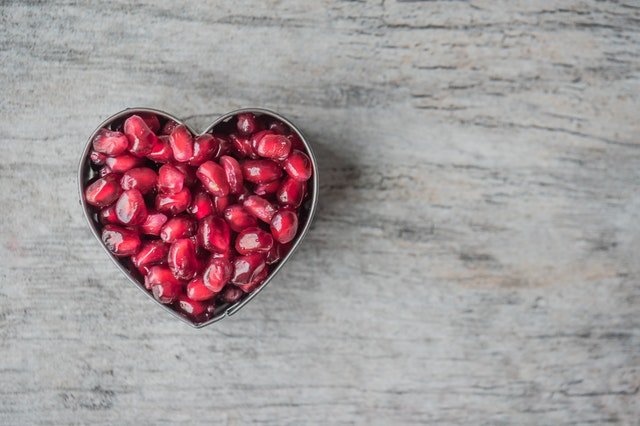
Eating healthy foods is very important for keeping a risk of heart disease.
According to the American Heart Association, heart disease is the leading global cause of death. About 2,200 Americans die each day from the condition.
The Centers for Disease Control and Prevention suggests that a poor diet—among diabetes, obesity, physical inactivity, and excessive alcohol use—is one of the most influential lifestyle choices that put people at a higher risk for heart disease.
To prevent heart disease, people need to eat more food that can combat plaque build-up in coronary arteries.
Plaque in coronary arteries results in the most common type of heart disease, coronary heart disease.
To maintain a heart-healthy diet, people should limit sugary drinks, sweets, fatty or processed meats, solid fats, and salty or highly processed foods.
In addition, they need to consume more fruits and vegetables and less sodium and sugar.
Experts suggest that eating fresh fruits and vegetables cooked using a low-fat method are great for heart health.
People should choose vegetables that have a rich color like dark leafy greens, sweet potatoes, squash, carrots, and zucchini.
And they should not substitute fresh fruits with 100 percent fruit juice or dried fruit.
This is because Fruit juice and dried fruit are high in sugar and may be consumed in a greater amount than a whole piece of fruit.
Fruit juices also lack the dietary fiber needed to control blood sugar and prevent type 2 diabetes.
Fiber is important for gastrointestinal motility, blood sugar control, and lower low-density lipoprotein (LDL) cholesterol.
It is great for appetite control because it can fill you up and keep you feeling fuller for longer.
In addition, protein is needed to build and maintain muscles and can be found in a variety of sources such as lean meats cooked using a low-fat method, such as baking.
Another tip to eat healthily is cooking at home.
Both AHA and CDC advise cooking meals at home to have a healthy, balanced diet, and experts agree it may be easier to eat healthy when one cooks or prepares meals at home.
Many restaurants add butter and salt to improve the taste of the dishes. This can increase the calorie amount for a meal.
Before going to a restaurant, you should look up the nutrition facts for the menu items you think you would want to eat, then make a decision based on which menu items are lower in calories, saturated fat, sodium, and sugar.
When you follow a heart-healthy diet, it is okay to have a “cheat day” every now and then.
This will allow you to have a little bit of what you are craving to help prevent derailing from a diet altogether.
For example, you can have a piece of chocolate or guacamole and tortilla chips as heart-healthy treats to have on your “cheat days.”
Copyright © 2018 Knowridge Science Report. All rights reserved.



